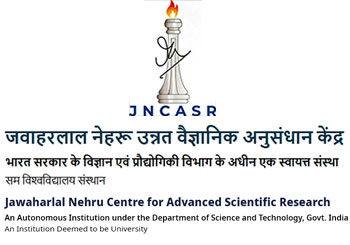a) p300-mediated hyperacetylation regulated by NPM1 and p53; b) Hyper arginine methylation by PRMT4:
DNA hypermethylation, histone modifications, and non-coding RNAs are the three major epigenetic mechanisms that predominantly contribute to cancer progression, along with driver mutation-driven cancer progression. Histones are hyperacetylated and hypermethylated in tumor tissues in oral cancer due to the over-expression of acetylated p300 and CARM1, important chromatin modifiers. Wild-type p53, mutant p53, NPM1, and GAPDH are also overexpressed in oral cancer, leading to increased autoacetylation of p300, thereby increasing its activity.
Whole Exome Sequencing Analysis of 50 oral cancer women patients with tobacco chewing habit has revealed a few novel TP53 mutations and in the driver gene, CASP8. Double mutation in TP53 and CASP8 is associated with mortality and early relapse, along with poor pathological response. We are elucidating the role of these uncharacterized TP53 mutants, along with driver mutations, in the progression of oral carcinogenesis against the backdrop of histone hyperacetylation and p300. We are also targeting epigenetic modifiers with small-molecule inhibitors in conjunction with conventional chemotherapeutics to combat the progression of Oral cancer.
Transcriptional regulation by histone chaperones NPM1 and NPM2: Implications in oral cancer:
Our research has shown that NPM1 was found to be highly over-expressed and hyper-acetylated in oral cancer, increasing with the grade and stage of the tumor. Importantly, NPM1-mediated transcriptional activation in oral cancer seems to be critical for oncogenesis. Thus, we aim to establish NPM1 and AcNPM1 as critical biomarkers for oncogenesis. Interestingly, NPM2 has been studied extensively in Xenopus but not in vertebrates. Being an important member of the Nucleoplasmin family, we also wish to explore the role of NPM2 (nucleoplasmin) in oral cancer manifestation.
